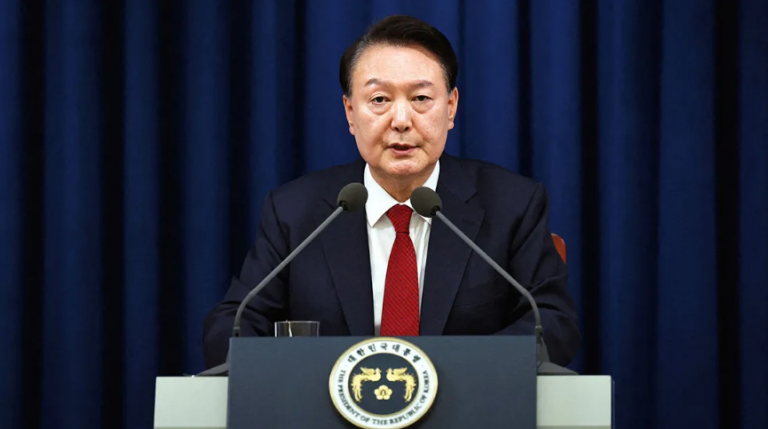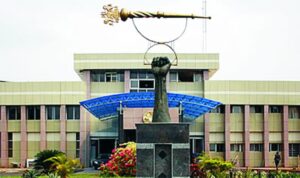
South Korea’s Constitutional Court has unanimously ruled to remove impeached President Yoon Suk Yeol from office, finalizing his ousting on Friday. The decision comes over three months after the opposition-led National Assembly voted to impeach him.
Yoon’s downfall stems from his controversial declaration of martial law and the deployment of troops to parliament four months ago, an attempt to break legislative gridlock. His actions triggered swift backlash, leading to his impeachment and now his formal removal from power.
With the presidency now vacant, South Korea must hold a national election within two months. Early polls indicate that Lee Jae-myung, leader of the main liberal opposition Democratic Party, is the leading candidate to succeed Yoon.
As news of the ruling spread, celebrations erupted in Seoul. Near the city’s historic royal palace, anti-Yoon protesters cheered, hugged, and wept with relief. One elderly man leaped to his feet, shouting in joy.
Yoon’s downfall began on December 3, when he abruptly declared martial law and sent hundreds of soldiers and police officers to the National Assembly. He justified the move as necessary to maintain order, but senior military and police officials later testified that he had ordered them to forcibly remove lawmakers to prevent a vote on his decree.
Despite the military presence, legislators convened and unanimously rejected Yoon’s decree. On December 14, the National Assembly voted to impeach him, citing constitutional violations, suppression of legislative activities, and attempts to detain politicians.
His removal has deepened South Korea’s political divide, sparking nationwide protests both in support of and against him. Analysts warn that his loyalists may escalate demonstrations in response to the court’s verdict, prolonging unrest.
With Yoon officially out of office, the upcoming election will not only determine his successor but also reshape South Korea’s political landscape after months of turmoil and an unprecedented military intervention in civilian governance.







